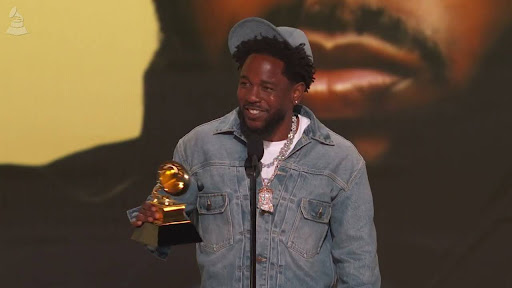On Friday President Barack Obama rejected the controversial Keystone XL Pipeline, a dangerous and environmentally detrimental project. The Keystone XL had a green flag from nearly every state that it passed through, except one; Nebraska. The route that TransCanada had suggested for the Keystone XL ran a bit parallel to the original Keystone before diverting to intersect it in the state of Nebraska.
Former President George W. Bush made an agreement with TransCanada and proposed a pipeline that would take crude oil from Canada all the way to Texas. However, phases of the pipeline, where oil would be stored, would be located in North Dakota, Kansas, Oklahoma and Illinois.
The project kicked off in 2005 and was successfully completed and in operation by 2010. While the Keystone came to life, TransCanada proposed a slight extension, to the prevailing pipeline, now known as the Keystone XL, in order to aid and provide transportation of an additional 830,000 barrels of oil.
President Obama, under whom the decision of the pipeline remained, decided to take his time to assess all of the potential threats and weigh the pros and cons. During this process, TransCanada asked President Obama and the United States government to put a hold on to their assessment.
President Obama had already declined the pleas of TransCanada but now the company is in a very tough position; it is a public limited company and the stocks can fall faster than anything. Obviously TransCanada was waiting for Obama’s successor to be the one deciding the fate of the pipeline. In any case, the project would be delayed, not to mention the amount of money that is invested in it.
The objection of the President is reasonable, as the pipeline would interfere with Sandhills, which rests atop the Ogallala Aquifer, one of the most sensitive wetland ecosystems and freshwater reserves in the entire world.
As Obama said in a statement on Friday afternoon, “We don’t need the pipeline for gas to get cheaper. It carries dirty crude oil that we do not need.”
If there were any leaks or spills, about 180,000 barrels of oil would be dumped into the fresh water reserve that provides drinking water to about eight states nearby. To be frank, I would not like to live everyday, drinking my water, thinking that this very water is at risk of an oil spill.
While the premise behind the construction of the pipeline was smart, it jeopardizes the safety of millions and the environment of the country that I call home, therefore I cannot support it.
Everyday we hear millions of people cry out about how our environment is at risk and how we must do something about it; even the government pleads the citizens to do something good and something “green” as often as they can. Bu,t what would be the point if it is neglected in the first place? America’s future in clean energy is one thing that everyone is passionate about. If this U.S.-Canada agreement can somehow manage to do its deal without hurting our home, then yes, make this extension.







